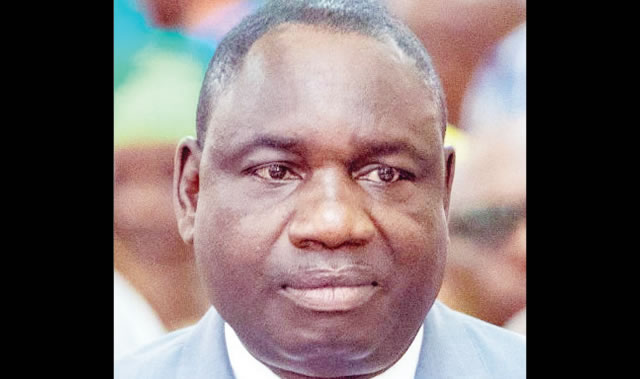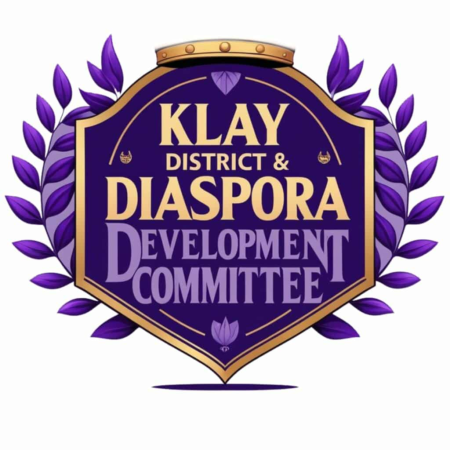The Dosunmu branch of the Onikoyi Royal Family has vehemently contested the recent installation of a new Onikoyi of Ikoyi and Moba land by the Lagos State Government, setting the stage for a potential legal battle over the rightful heir to the throne. The family has issued a two-week ultimatum to the government, demanding a reversal of the decision or face legal action. This follows earlier protests by other members of the royal family who deemed the installation process illegal and a blatant disregard for the established chieftaincy declaration governing the succession process. The crux of the Dosunmu family’s argument rests on the long-standing rotational system between two ruling houses – Muti Onikoyi and Dosunmu Onikoyi – a system they claim is backed by legal precedent, including Supreme Court judgments and historical documentation.
The Dosunmu family asserts that their candidate, Prince Abdul Ganiyu Adeniran Onikoyi, was the rightful heir based on the rotation system. They maintain that following the reign of Oba Patrick Fafunwa from the Muti House, the throne should have reverted to the Dosunmu lineage. The family meticulously followed traditional procedures and submitted all necessary documentation to the authorities, presenting Prince Abdul Ganiyu’s candidacy to the Lagos State Government with the expectation that the established legal and customary framework would be respected. However, their hopes were dashed when the government installed a different candidate, bypassing what the Dosunmu family considers the lawful process.
The government’s response, delivered through the Commissioner for Information and Strategy, Gbenga Omotoso, has been that the installation followed due process and that such disagreements are commonplace in chieftaincy matters. Omotoso emphasized the government’s limited role, which primarily involves the presentation of the staff of office, a formality that he insists was carried out in accordance with established procedures. This stance, however, fails to address the Dosunmu family’s core grievance – the alleged disregard for the rotational system and the historical precedence underpinning their claim. This divergence in interpretations highlights the fundamental disagreement between the two parties, setting the scene for a potential legal confrontation.
The Dosunmu family’s rejection of the installation is rooted in their belief that the government’s action not only disenfranchises their lineage but also undermines the very foundation of traditional rulership in Lagos State. They argue that such decisions should be guided by heritage, established law, and principles of fairness, not swayed by political considerations or favoritism. Their call for the government to rescind the installation underscores their commitment to upholding the rotational system and safeguarding what they see as the sanctity of their traditional inheritance.
The Dosunmu family’s historical argument traces the rotational system back to a report submitted to the late Oba of Lagos, Oba Adeyinka Oyekan, compiled by the Idejo Council under the leadership of the late Oba Idowu Abiodun Oniru (Akiogun II). This report, they assert, clearly delineates the two ruling houses and the established rotational pattern for succession. Furthermore, they cite the reign of Chief Adamo Fagbemi Onikoyi of the Dosunmu line from 1982 to 1995, followed by Chief Patrick Fafunwa of the Muti House from 1996 to 2023, as practical examples of this established rotational system. This historical context forms the basis of their claim and emphasizes the perceived legitimacy of their candidate, Prince Abdul Ganiyu Adeniran Onikoyi.
The standoff between the Dosunmu family and the Lagos State Government underscores the complexities of traditional leadership succession in a modern context. The family’s insistence on adherence to historical precedent and established legal frameworks clashes with the government’s assertion of due process, leaving the future of the Onikoyi throne shrouded in uncertainty. The two-week ultimatum issued by the Dosunmu family signals their resolve to pursue legal avenues if their demands are not met, potentially leading to a protracted legal battle that will test the balance between governmental authority and the preservation of traditional customs and practices. The outcome will undoubtedly set a precedent for future chieftaincy successions in Lagos State and beyond.














